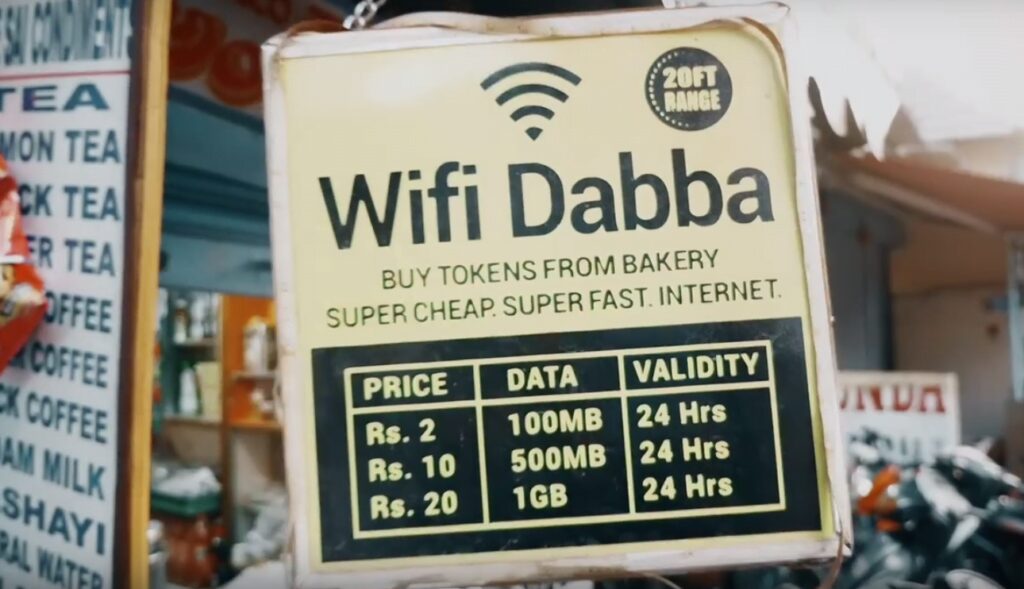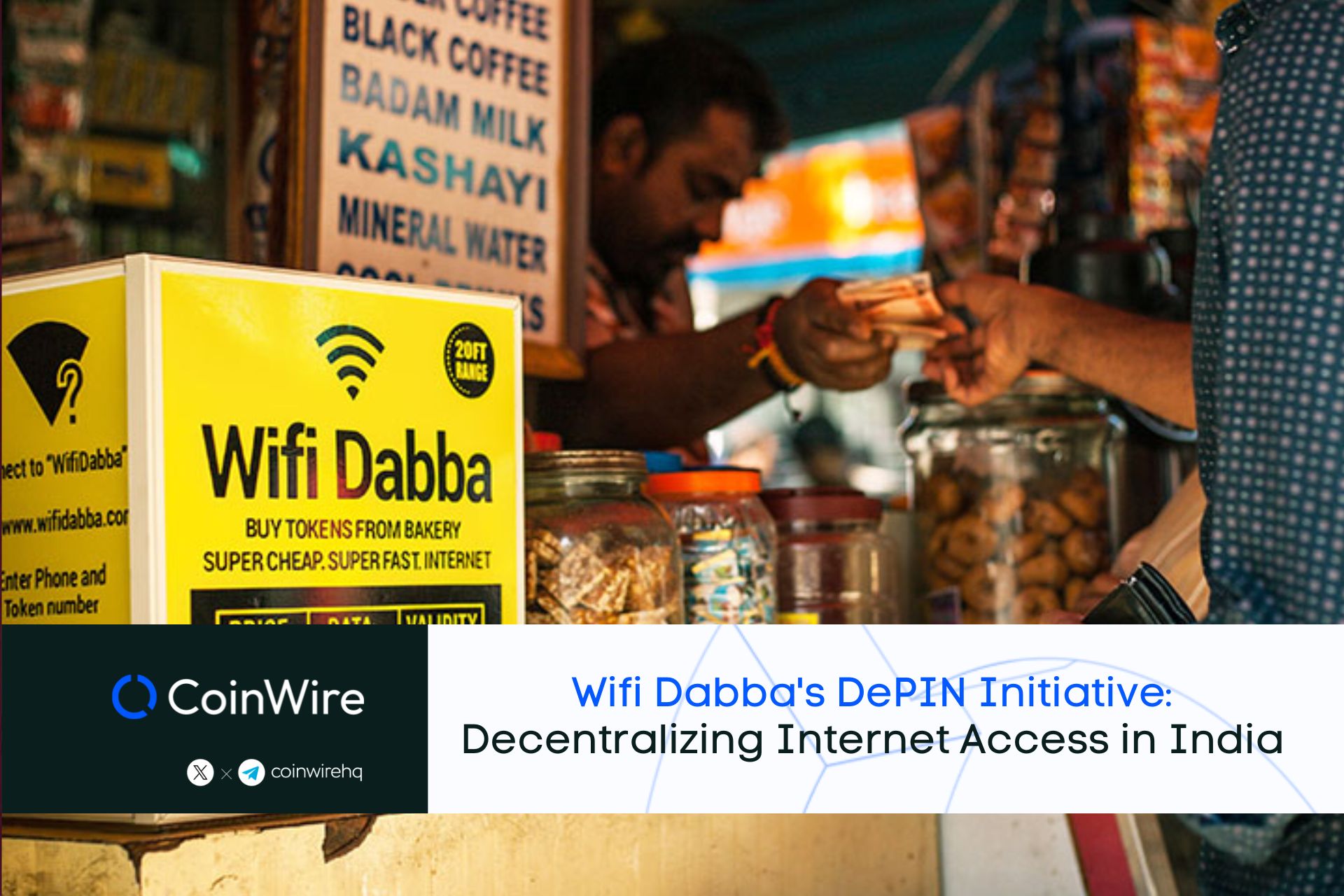Wifi Dabba, an Indian internet service provider, is set to revolutionize internet connectivity in India through its innovative decentralized physical infrastructure network (DePIN). With plans to deploy over 100,000 DePIN-powered devices across the country, Wifi Dabba aims to bridge the digital divide and provide millions of Indians with access to reliable internet connectivity. This initiative marks a significant step towards decentralizing internet access and empowering underserved communities in India.
Addressing Connectivity Challenges in India

Despite India’s large population of 1.43 billion people, the penetration of broadband connectivity remains low, with only 30 million citizens having regular access to WiFi. Nearly 50% of the population lacks any form of internet access, highlighting the urgent need for innovative solutions to address connectivity challenges. Wifi Dabba’s DePIN initiative seeks to fill this gap by leveraging decentralized technology to expand internet infrastructure and connect underserved areas.
The deployment of DePIN-connected devices by Wifi Dabba represents a strategic effort to democratize internet access and empower users. By incentivizing router hardware owners with Wifi Dabba tokens for sharing their data with hotspot users, the initiative promotes community-driven connectivity and fosters a sense of ownership among users. This decentralized approach not only accelerates infrastructure expansion but also enhances transparency and accountability in the provision of internet services.
The Potential of DePIN Technology Beyond India

Wifi Dabba’s DePIN initiative not only addresses connectivity challenges in India but also sets a precedent for similar initiatives in other developing nations. The scalability of DePIN technology presents a viable solution to connectivity issues worldwide, offering a decentralized and transparent model for expanding internet access. By involving multiple stakeholders and fostering an open-source community, DePINs have the potential to revolutionize internet infrastructure on a global scale.
Conclusion
As Wifi Dabba leads the way in decentralizing internet access in India through its DePIN initiative, the impact of decentralized technology on connectivity is becoming increasingly apparent. By democratizing internet access and empowering communities, DePINs offer a transformative solution to address the digital divide. With the potential for widespread adoption in developing nations, DePINs are poised to play a significant role in shaping the future of internet connectivity worldwide.






